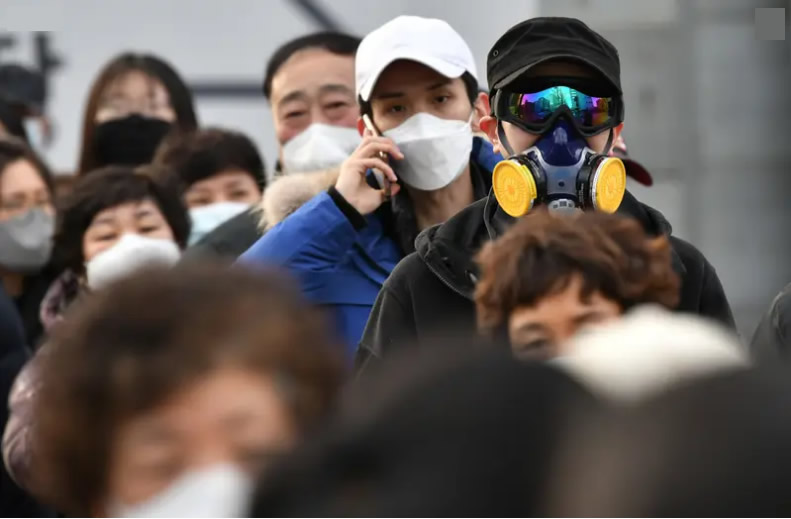
COVID-19: What Infrared Thermometers are Used for
April 13, 2020
How to Wear N95 Respirator Mask
April 17, 2020Can Face Masks Protect you from the Coronavirus?

Whenever there are outbreaks of respiratory illnesses, one of the first things you see is more people wearing face masks. As more coronavirus cases have been reported, demand for face masks has increased — as have their prices (there’s been some serious price hiking going on Jumia) — creating a massive shortage for health care workers on the frontlines of fighting the disease.
But do face masks actually protect you?
“The fact is, your typical surgical mask is not going to protect or prevent infection,” Erin Sorrell, a Center for Global Health Science and Security member and assistant research professor in the Department of Microbiology and Immunology at Georgetown University, told BuzzFeed News.
Sorrell said there’s no reason to use a surgical mask if you’re healthy and not infected.
“The virus itself is so small that it can penetrate the mask,” she said.
The only reason to wear a surgical mask is if you’re already infected with the virus and are quarantined, according to Sorrell. Hence, if you’re staying at home from work or from school, and you’re trying not to infect your family members, you should wear a mask.
Surgical nose masks are flat and pleated, but one you’ll see people wearing often is the N95 respirator, too. The N95 masks can block up to 95% of the airborne particles, but considering the high demand for these masks, Sorrell said health care workers should have priority to use them.
“There is an extreme shortage of masks and other personal protective equipment (PPE),” Sorrell said in an email. “Those supplies should be going to first responders, health care workers and those who are infected and being cared for at home or in hospitals.”
Replying to whether one should wear face mask. “Yes, it won’t help you if you don’t want to catch it. But, as was sort of touched upon in the article, it can help slow down the spread if infected people wear them.
This is important because you can test positive for coronavirus and never show any symptoms, walking around infecting people. A 20 year old woman in Wuhan was such a case. She didn’t know she was sick and spread it to her family.
Or you could have a very long incubation period, now they think up to 27 days. So you could think you’re fine while you sneeze from allergies or just cough from an itchy throat, thus spreading the virus.
I would feel terrible if I got people sick. “



